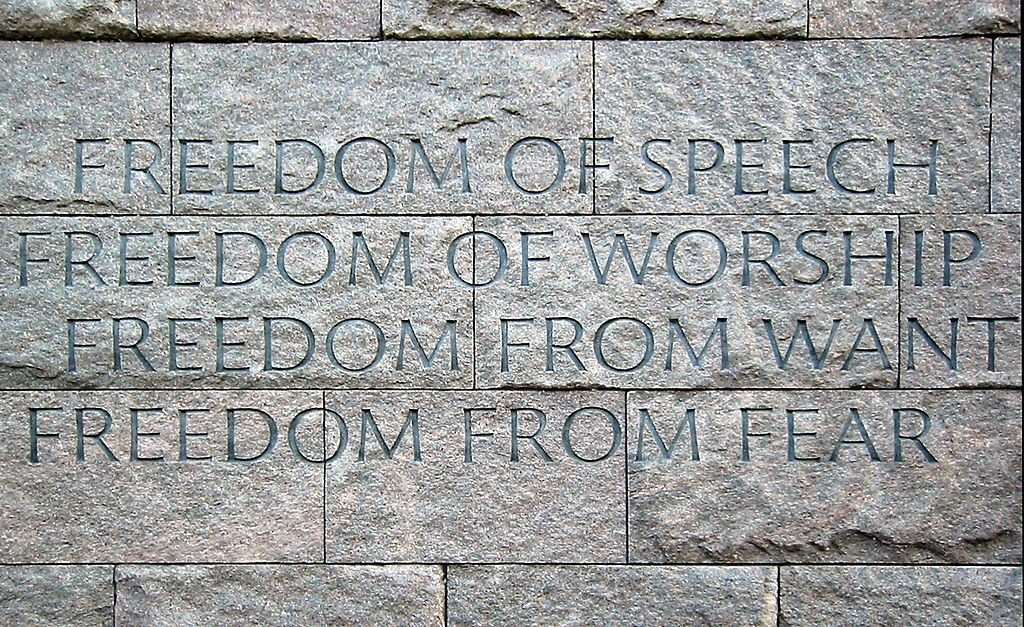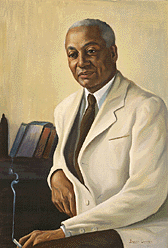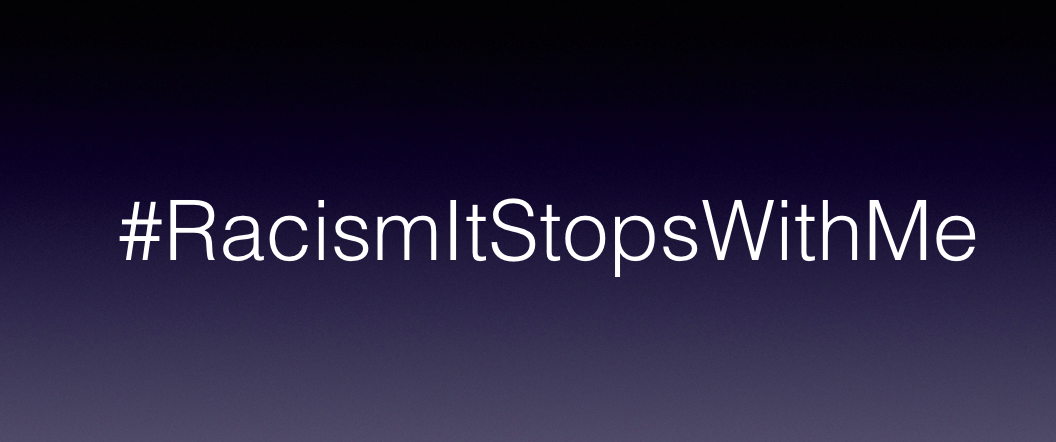
Racism – a daily reality
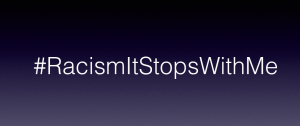 Racism is an almost daily news item. For many, its a terrible lived problem.
Racism is an almost daily news item. For many, its a terrible lived problem.
But, many have trouble believing it exists, except perhaps at the the margins of society. If we don’t see the obvious symbols of racism: arm bands, hate flags, white hoods, we may think the problem is no longer there. We have a curious situation where “racism” is almost a taboo word. It is politically incorrect to call racism, well, racist.
As a consequence we sometimes see heated debate over whether this or that is an example of racism. A recent example from my own country was the treatment of Adam Goodes on the sporting field. He is a former Australian of the Year. He is respected as a leader on race issues and on the sporting field. He is an indigenous Australian and he became the target of systematic racist bullying.
As a small (migrant) child I experienced racism first hand. I consider myself lucky to have had the experience. I don’t make the (comfortable) mistake of thinking that since it never happened to me, someone else’s experience of racism is ‘just their imagination’.
If you’ve never experienced racism, it can be almost mythical. Where your friend sees racism, you may see nothing. You may think your friend is being “over sensitive”. Your friend will be certain of the racist quality of a particular incident. To take a trivial example – people who look visibly different will (in Australia) often be asked “where do you come from?” Is this racism or polite curiosity? Harmless, or a way to signal an implied superior-inferior relationship? It’s a particularly embarrassing question when the person being questioned is second or third generation Australian, and the questioner insists but ‘no, where are you from?’
This subjective and subtle quality of racism is an aspect that make it difficult to address. If you’ve never been a victim of racism, the best thing to do is listen to the stories of those who have.
In the TED talk below, The Little Problem I had Renting a House, James A. White explains the experience of lived racism in the United States. As you listen to his presentation, you are struck by James’ quiet dignity and the stifling politeness of the racism he describes. What also strikes you is his courage and wisdom and success in responding to what is a daily reality for African Americans. In some respects, the world has changed dramatically since the civil rights movement. In others it remains tragically unreformed. The continued deaths of young African Americans in police shootings, is just the most tragic manifestation of the complex ways in which racism continues to be a reality.
Careful research can also help clarify whether racism is ‘real’ or ‘perceived’. In a large study, by Booth, Leigh and Varganova titled Does Ethnic Discrimination Vary Across Minority Groups? Evidence from a Field Experiment researchers at the Australian National University applied for jobs using the same cv’s but identifiably different applicant names. The “job applicants” were only different in whether they had Anglo-Saxon, Indigenous, Chinese or Middle Eastern names. Across a variety of occupations, the researchers found that applicants from different ethnic backgrounds were significantly less likely to be called for interviews that their identical co-applicants. The image below extracts some of their results. It is quite possible that the ’employers’ did not even perceive themselves as treating people differently. Yet clearly, they did. Interesting research, but what does it mean for someone looking for a job? What if you were the one who had to write twice the number of job applications, just to get an interview. And what if that was just one example of innumerable indignities that would be a ‘normal’ part of your life? Worse, what if everyone around you, just thought its was ‘in your imagination’?
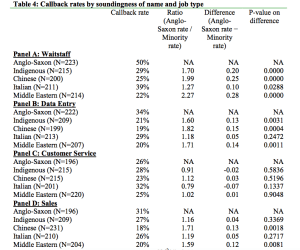
Currently Europe is seeking to manage a massive flow of refugees. Europe has not seen anything like this since World War 2. Sadly, for many other countries, managing the arrival of refugees has been a reality for decades. A reality they did not have the luxury to keep far from their borders. Racism undoubtedly makes solutions more difficult, as in the recent burning of refugee shelters in Germany.
The continued reality of racism suggests we need to think more carefully about this problem. Understand it better. Consider more carefully how to make it a thing of the past.





